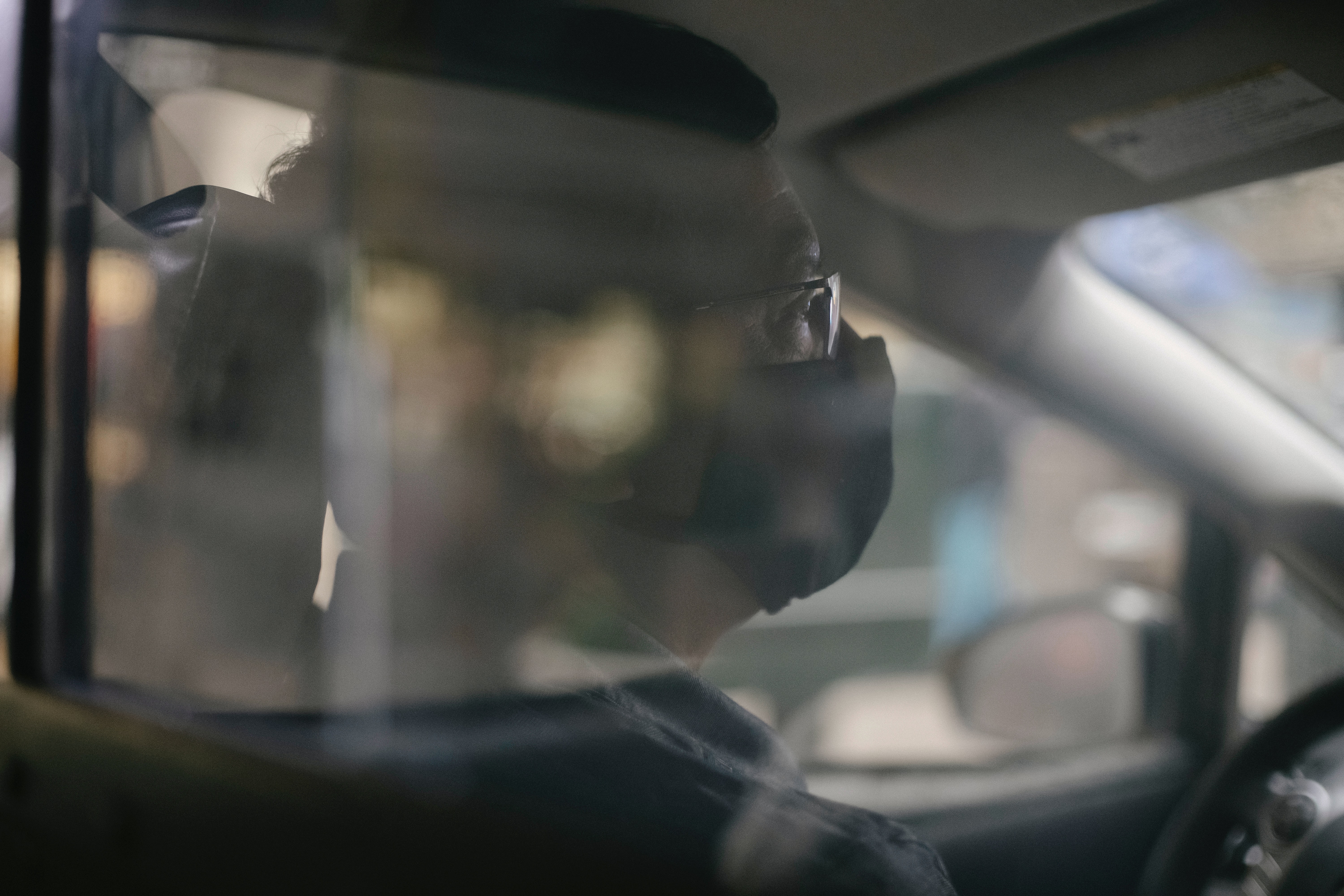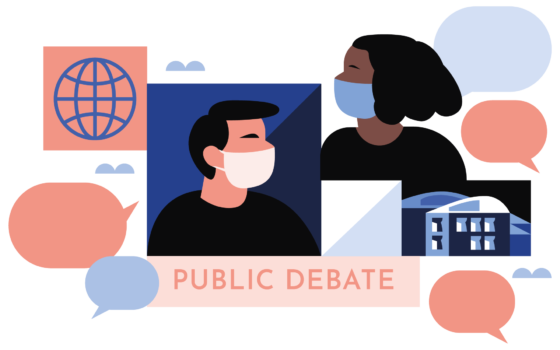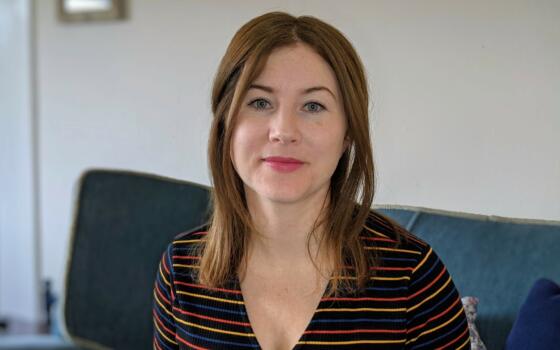The impact of the Covid-19 crisis on young people’s lives has already been enormous, and there is much more to come. They are one of the groups most likely to have lost work or seen their income drop.
Many are worried that their future career prospects are already damaged. For others, their anxiety levels have increased, they now do not feel in control of their lives, and many have fears about their futures.
During October and November we surveyed more than 6,000 young people to examine the longer-term impacts of coronavirus on this age group. This work was commissioned by the Scottish government and delivered by the Scottish Youth Parliament, YouthLink Scotland and Young Scot. The research shows that employment and finances continue to be a leading concern. Also, mental health worries still prevail — as does the desire for more information on the future of schools and exams. Armed with this information, everyone within the sector and beyond must use this insight, and the many other pieces of research about the pandemic, to tailor their support towards Covid’s hardest-hit generation.
The full extent of the impact of 2020 on young people is yet to be realised.
However, for young people to thrive and fulfil their potential, they must be equipped with the information they need to make informed decisions and choices. Quality information unlocks doors for young people and impacts directly on the choices they make around health, education, employment and training — and could include what to believe about a vaccine.
Therefore, young people absolutely must be included in our public debates regarding this pandemic. It is also essential for government, leaders and the scientific community to not only invite young people to be part of the conversation, but to directly tailor their communications methods and tools so that young people are informed and able to take part. It is also vital that new policies designed as part of Scotland’s recovery fully meet the needs of young people regardless of their background, status, stage of education, or employment. We can only do this if young people are at the heart of the policy design process.
Young people should be treated as equal partners if Scotland’s recovery is to benefit from their expertise, insight, creativity and talent.
The process should involve participants of all backgrounds and take account of their lived experience, aspirations, needs and circumstances. By sharing power in the decision-making process, policymakers and the policies themselves will reap the benefits — as the final concepts and recommendations will meet the needs of all current and future citizens.
Empowering young people with information, and enabling them to be system changers and influencers will allow us to create solutions to the crisis that fully meet the needs of those we are trying to serve. In doing so, Scotland will take full advantage of the vital role that young people can — and must — play in our recovery.


